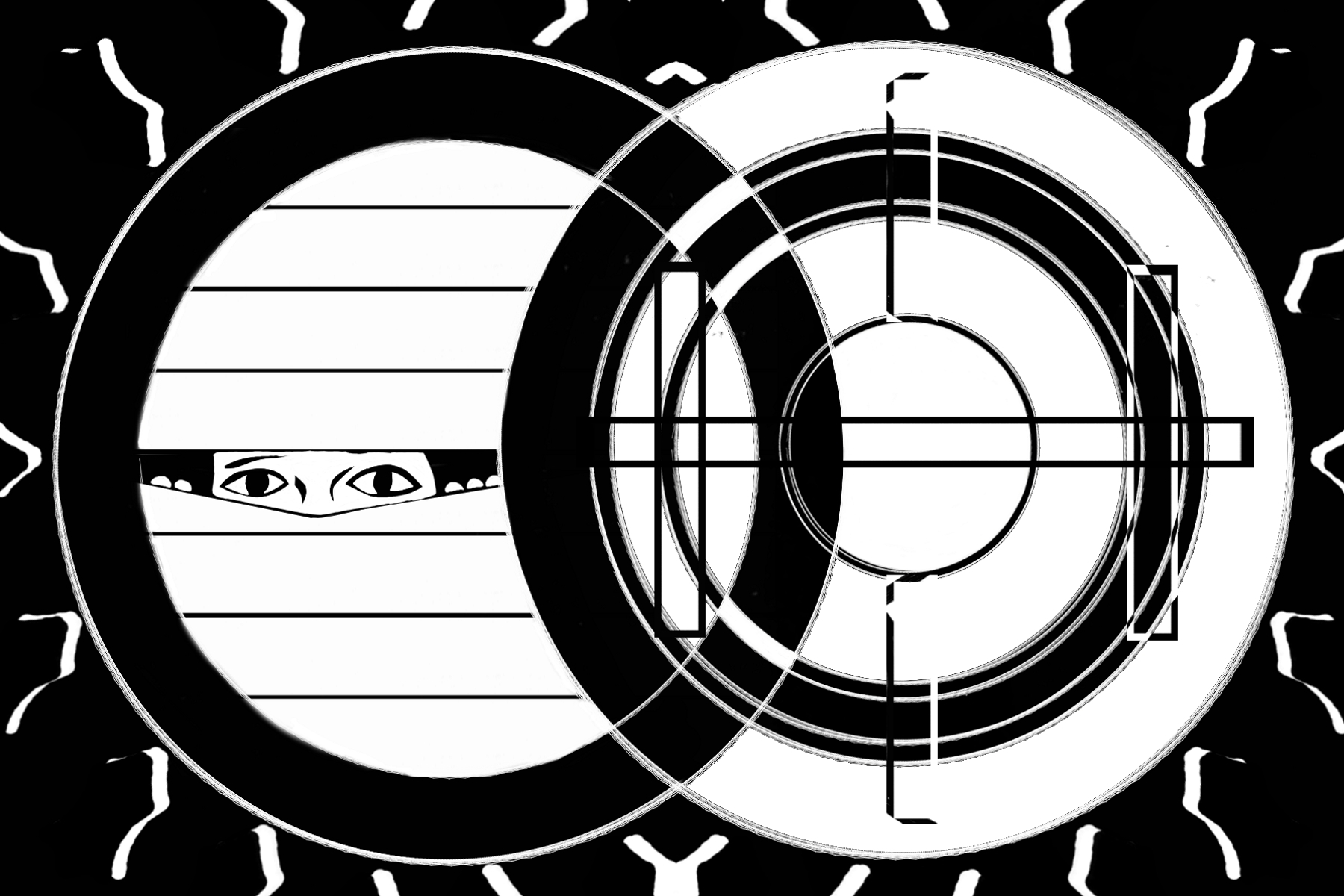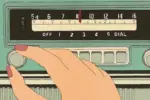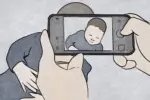I’m not a stalker, I swear. I just like peeking into other people’s homes and learning more about their bank statements. If I said that in any other context, I would probably be locked up, or at least given a very long restraining order. But I’m not talking about physical places or private records; I’m talking about YouTube and my fascination with series like “My Sweet Digs” and “Millennial Money.”
Apartment and home tour videos, like Refinery29’s “My Sweet Digs,” give viewers an inside look into the homes and the rent of young adults living in different cities. Originally, all featured apartments were from the five boroughs of New York City, but as popularity for the show has grown, they’ve expanded to LA, New Jersey, London and different parts of Texas.
“CNBC Make It” hosts their own YouTube web show titled “Millennial Money” where they break down how real, young professionals spend and make their money. They show everything from student loans, credit card debt, savings goals, rent and more. They always highlight the guest’s age, location and annual income.
These two YouTube series are not the only internet sensations that seem to provide a “look behind the curtain” into everyday living. “Money Diaries” are becoming increasingly popular in online media publications, where people of different backgrounds write down everything they spend in a week from large-scale purchases down to a cup of coffee. Influencers are also often offering apartment tours of their spaces or “what I spend in a week” videos.
I like to think that videos like these appeal to me because I’m naturally curious and generally interested in the human experience. Seeing how another person handles their finances or decorates their home is an oddly unifying encounter. It makes me feel less alone, confused or superfluous. I like feeling like I’m just a small part of something much greater — greater than my friends, job or personal experiences.
In a recent episode of “Millennial Money,” viewers are introduced to Bukola Ayodel, a 25-year-old software engineer living in New York City making $210,000 a year. I found her wisdom and humility to be really inspiring, but what really intrigues me is the basic fact that she’s a real person and her finances and story are tied to a face and a name. Even if she was unlikable, the concept would still stand. She talks about her career journey, the gratitude she feels toward her parents, and the importance of saving and giving.
While the episode might not be geared specifically at teaching — or expecting — others to do the same, there’s still a lot to learn from her. She brought up the idea that anything that isn’t measured “can’t be managed.” I found this to be a really great reminder of the importance of tracking whatever is necessary to reach your goals. Whether it’s a fitness, creative or financial goal, it’s important to be aware of the “data points” so you can make smart, informed decisions and reach your finish line faster.
While the personal appeal is there for me, and clearly a lot of other viewers, these types of videos often reach over a million views; the cultural reality of their increasing popularity is even more prevalent.
Finances, rent and homes were often considered private. Material items were supposed to imply your status, but not directly say it. In some ways, this still rings true, but with people being much more open about how much money they make or how much debt they have, we might be approaching a less exclusive society. Many psychological studies have also shown that being open and vulnerable strengthens our relationships.
Shows and series like these seem to be intrinsically attached to YouTube and other social sharing sites. They’re often not part of regular TV programming, which inspired me to think more about the aesthetic and relevance of these web shows. While I think it has a lot to do with where the target audience (millennials, Gen Z-ers and other young adults) seems to go to find content and entertainment, it also says a deeper truth about the way we interact over the internet.
Millennials and Gen Z-ers are colloquially considered the “oversharing generations.” With the rise of social media, it’s become easier to spill every private part of our lives with friends and strangers on the internet.
This new reality has shifted what we look for in entertainment. Watching TV shows or movies used to be simply about escaping reality into fantasy. It was about taking an hour or two to forget about whatever issues or problems in your life and immerse yourself in another story. Now, entertainment is about escaping into someone else’s. What was once considered highly personal is no longer so, and thanks to YouTube and social media, this transition feels more gradual, which also makes it more appealing and interesting.
With the rise of influencers and vloggers, who essentially film their everyday lives, people are able to immerse themselves in another world, without it being a full fantasy. In fact, there’s a subtle promise that it could be a viewer’s reality someday; after all, it’s somebody’s, so why not yours too?
Unlike MTV Cribs and similar shows that focus on celebrities, these YouTube videos are, for the most part, everyday people. Shows like “Millennial Money” and “My Sweet Digs” offer, more than anything, an exclusive look into possibility. Manage your money like this, get a degree like that and you have the possibility of an apartment or lifestyle like the one you see. Be more carefree or forget to watch your money and you might end up like another person you’re watching. In a world where so much is unknown, web shows like these, built off of real people and extreme vulnerability, provide insight into what a future could look like; even if your personal background makes it very unlikely, there’s still that hope.
As the world progresses, technology and societal norms will also change, but I hope that we don’t ever lose this small act of unity that provides comfort, inspiration and the message that we’re all here — at least for a little while.
















